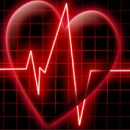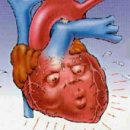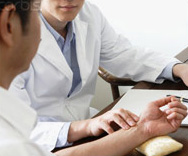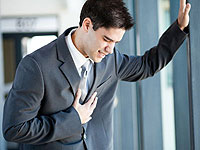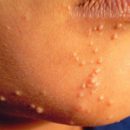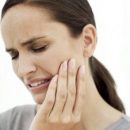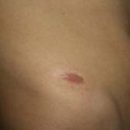What is - Tachycardia? What it happens? How to examine and what to do if you have tachycardia? Read the Answers in the article.
Content
If we speak scientific language, then tachycardia (Greek. Tachys - fast and kardia - heart) - this is arrhythmia, that is, an increase in the frequency of heart cuts of more than 90 beats per minute. Often Cardiology specialists call this disease more specific - paroxysmal atrial tachycardia.
There are many types of tachycardia, we will highlight two main:
- Physiological tachycardia (occurs during physical and emotional loads (another name - sinus tachycardia));
- Pathological tachycardia (arises as a result of congenital or acquired diseases of the heart and other organs).
First of all, I want to calm you and note that call tachycardia is difficult, rather, it is a symptom. It can occur both independent disease and manifestation of other diseases.
Immediately after the first attack, you should be examined by a cardiologist. Together with your attending physician, it is necessary to exclude ventricular tachycardia (type of rapid heartbeat, threatening life) and all forms of organic heart lesions, thyroid pathology, violation of the function of the lungs and so on.
ECG
Electrocardiogram (ECG) - this is a graphical representation of the potential difference arising during the heart of the heart on the surface of the body registered by the device called an electrocardiograph in the process of electrocardiography. It is one of the main methods for diagnosing cardiovascular diseases.
Application ECG
- determining the frequency and regularity of heart abbreviations;

- shows acute or chronic damage to myocardial;
- can be used to identify potassium exchange violations, calcium, magnesium and other electrolytes;
- identification of intracardiac conduction disorders;
- Screening method with ischemic heart disease, including under load samples;
- It may provide information on emergency diseases, such as pulmonary artery thromboembolism.
If still tachycardia (pulse rapidity) is your physiological feature, then you need to know a number of rules that help when attacks. Performing these techniques, you can not only «pacify» your tachycardia, but also prevent her reappearance.
Do not hurry
If fast walking or other physical exertion cause the response of your body in the face of tachycardia, then you should slow down the pace, to breathe, relax and in no case continue the actions at the same pace.
Breathe deeply
When attacking should take a deep breath and strong exhalation, directing the whole stream of air down. Repeat several times.
No coffee
A man suffering from tachycardia should be abandoned from coffee, cola, chocolate and stimulants in any form.
Clear correctly
Reception of correct and timely food is very important for your body. Do not overload your heart, causing it to work on the stomach, digesting the pizza stuck on the move and drinking the cola.
Relax
People susceptible to stress are more likely to suffer from this disease. Try to relax more often, worry less and give your body a full time for rest.
Take care of sports
Training your body, increase the load gradually, neatly. Not heavy, but competently built and regular training, help your heart work correctly.

